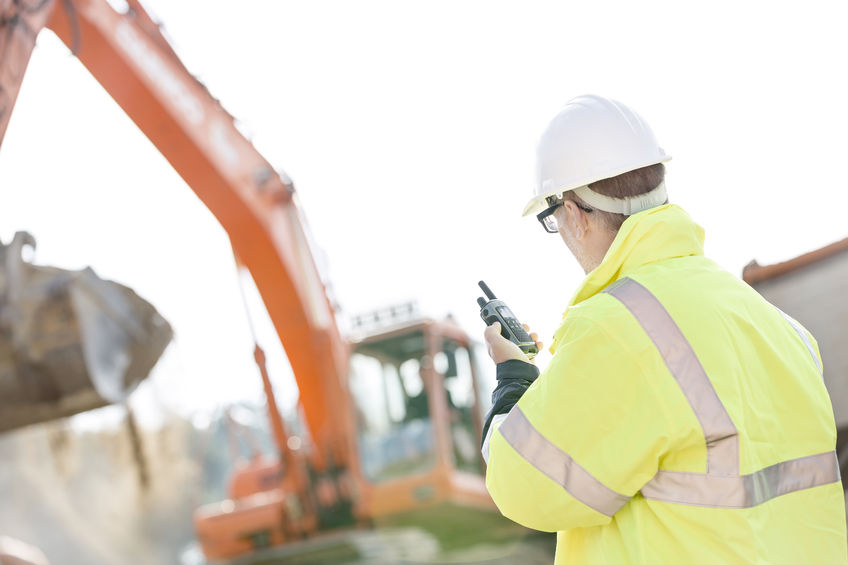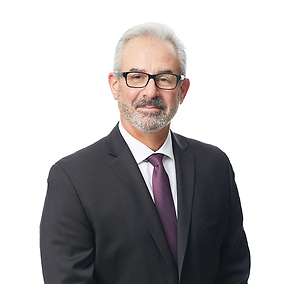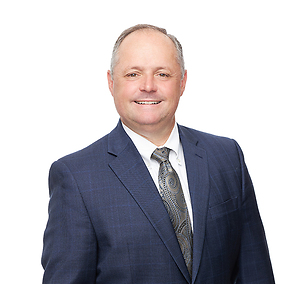Overview
 In See’s Candies v. Ek, a California Appellate Court ruled that the plaintiff’s claims against her employer for negligence were not preempted by the exclusivity provisions of the California Workers’ Compensation Act; thus, exposing the employer to potentially unprecedented civil liability. In sum, the plaintiff in See’s Candies alleged that she contracted COVID-19 at her place of employment due to insufficient COVID-19 safety precautions and then transmitted the virus to her husband who later died with the virus. Generally, an employee cannot sue their employer for negligence related to the workplace. See’s argued that the claims should be dismissed under the well-established “derivative injury” doctrine. The “derivative injury” doctrine requires that any claims that are “collateral or derivative to a workplace injury or illness” must be limited to the exclusive remedies provided under the applicable state workers’ compensation law. On April 13, 2022, the California Supreme Court rejected further review of the ruling.
In See’s Candies v. Ek, a California Appellate Court ruled that the plaintiff’s claims against her employer for negligence were not preempted by the exclusivity provisions of the California Workers’ Compensation Act; thus, exposing the employer to potentially unprecedented civil liability. In sum, the plaintiff in See’s Candies alleged that she contracted COVID-19 at her place of employment due to insufficient COVID-19 safety precautions and then transmitted the virus to her husband who later died with the virus. Generally, an employee cannot sue their employer for negligence related to the workplace. See’s argued that the claims should be dismissed under the well-established “derivative injury” doctrine. The “derivative injury” doctrine requires that any claims that are “collateral or derivative to a workplace injury or illness” must be limited to the exclusive remedies provided under the applicable state workers’ compensation law. On April 13, 2022, the California Supreme Court rejected further review of the ruling.
While this decision is unsettling for California employers, California historically has set legal trends in the litigation landscape, and employers throughout the U.S. should keep abreast of the everchanging legal landscape when it comes to COVID-19. In Illinois Amundsen Davis attorneys Dennis Cotter and Gerald Rohrer, Jr. are lead counsel in a Covid construction wrongful death case and have filed a Rule 308 Application for Leave to Appeal to the First District Appellate Court of Illinois.
In that case, plaintiff has filed suit based on the Wrongful Death Act and Survival Statute alleging that the decedent contracted COVID-19 and died after being exposed to construction workers at his place of employment. The general contractor and its subcontractors allegedly failed to follow CDC, OSHA and State of Illinois guidelines. If the Appellate Court takes the case it will decide the following certified question:
When a governmental unit declares a pandemic and imposes emergency mandatory safety rules to prevent the spread of the disease, does one owe a duty of ordinary care to comply with the mandatory safety rules to prevent the spread of the disease?
At least two other courts have found there was no duty owed in analogous cases. Iniguez v. Aurora Packing Company, Inc., (Circuit Court, Kane County) and Madden v. Southwest Airlines Co., (Federal District Court in Maryland). Both found that to place a duty on defendants to protect against the spread of COVID-19 to third-parties would open the floodgates to what one court said was an “incalculable class of potential plaintiffs”.
Employers should remain vigilant in maintaining a safe and healthy work environment for not only their own employees but for those that they come into contact. The legal challenges related to all things COVID-19 are constantly developing from jurisdiction to jurisdiction. To address these challenges Amundsen Davis has a COVID-19 litigation and consulting task force comprised of OSHA, construction, health care, and employment law professionals.

